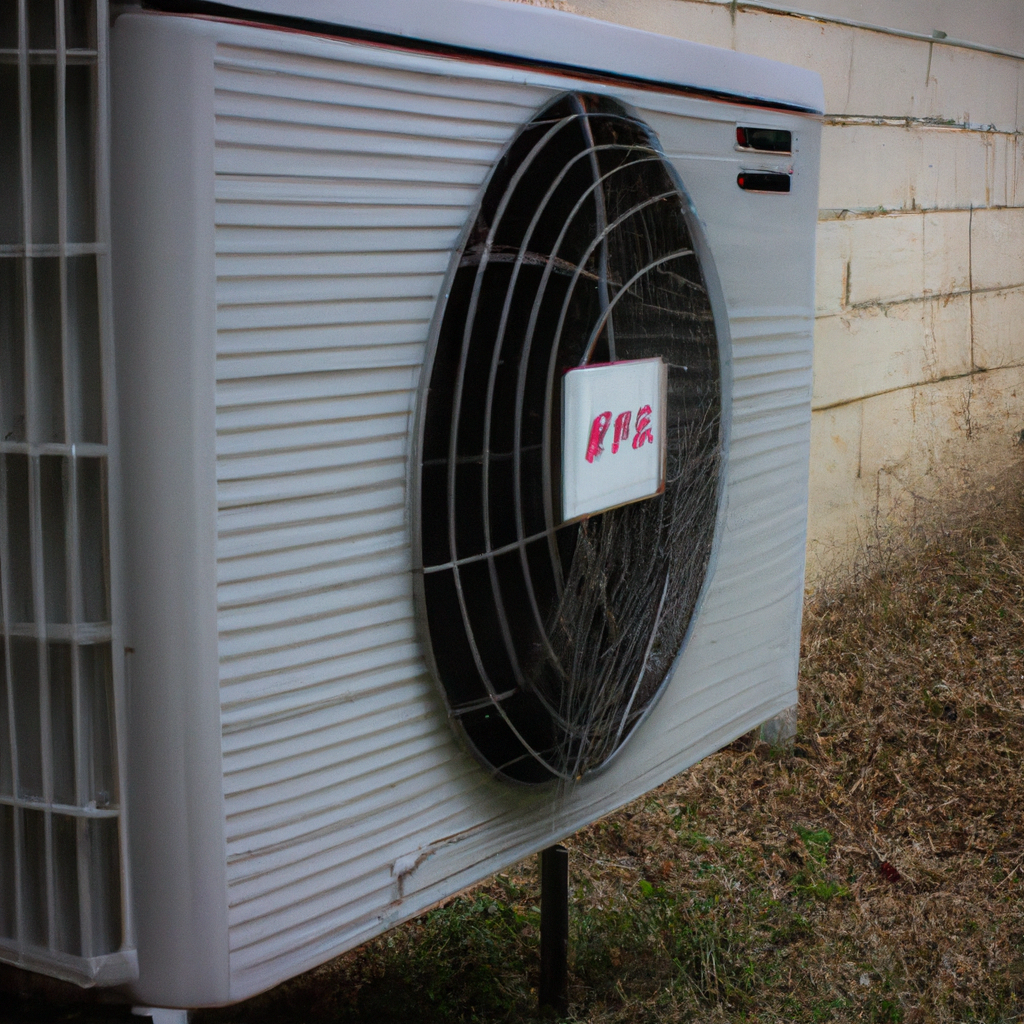Have you ever asked yourself how long an AC unit lasts in Texas? It’s a common question for many Texans, especially during the hot summer months.
With temperatures often exceeding 100 degrees Fahrenheit, having a reliable AC unit is essential to staying comfortable in your home. But how long does an AC unit last in Texas?
In this article, we’ll examine this question and provide some insight into what you need to know about the lifespan of an AC unit in Texas.
Living in a state with such extreme heat can take its toll on your air conditioning system, so it’s important to understand how long it should last under normal conditions. We’ll discuss the factors that contribute to the life expectancy of an AC unit and some tips for extending its life as much as possible.
Finally, we’ll explore the best ways to tell when it’s time to replace your current system with a new one. By the end of this article, you’ll have all the information you need to make sure your AC unit is ready for any kind of Texas weather!
Average Lifespan Of Ac Units In Texas
The average lifespan of an AC unit in Texas is typically around 10 to 15 years. This varies depending on the type and size of the air conditioner, as well as how often it is maintained.
In Texas, a typical central air conditioner averages around 12-15 years before needing to be replaced. If properly maintained, they can last much longer than that.
Several factors influence how long an AC unit will last in Texas. The climate in Texas is generally hot and humid, which puts extra strain on the air conditioner system.
Quality of installation and regular maintenance are also key factors that need to be taken into account when determining the expected lifespan of an AC unit in Texas. Additionally, any damage from severe weather or aging parts can cause the lifespan to be significantly reduced.

Overall, given proper care and maintenance, most AC units can last for many years in Texas with little difficulty. However, there are several variables that could reduce its lifespan if not addressed promptly.
With this knowledge in mind, we can now look at some of the common factors that impact the lifespan of an AC unit in Texas.
Factors That Impact The Lifespan Of An Ac Unit
The lifespan of an AC unit in Texas can vary widely depending on a variety of factors. The first and most important factor is the heat load, or amount of heat generated within a home or business, as this directly impacts how hard the AC unit has to work.
Additionally, humidity levels in the area play an important role in how long the unit will last because high levels of moisture can lead to mold growth and other damage to the system. Furthermore, following a strict maintenance schedule is essential for maintaining your AC unit’s longevity, as it ensures that all components are properly functioning and that any potential repair needs are addressed quickly.
Finally, an efficient duct system and energy-efficient AC unit will also help prolong its life expectancy.
In order for an AC unit to have an optimal lifespan in Texas, it is essential to consider all these factors. Understanding how each one affects the life of your system will go a long way towards ensuring that you get the most out of your investment.
With proper care and maintenance, your AC unit can provide reliable cooling for many years to come.
Tips For Prolonging The Lifespan Of Your Ac Unit
The Texas climate can be unpredictable and hard on an AC unit, making it important to take preventive measures in order to prolong its lifespan. By performing regular maintenance, inspections, and implementing energy efficiency practices, you can ensure that your AC unit lasts as long as possible.
Here are some tips for maximizing the life of your AC unit:
- Regularly maintain your AC unit by changing the air filter every month and having a professional inspect and service it twice a year.
- Install a programmable thermostat to help regulate the temperature in your home, which can reduce wear and tear on your AC system.
- Make sure the area around the outdoor condenser is clean and free of debris, such as leaves or dirt.
- Have an HVAC technician inspect your ductwork for any potential issues that could affect energy efficiency or performance.
- Keep an eye out for any signs of damage or aging so that you can address them before they become major problems.
By taking these steps to keep your AC system in good condition, you will not only improve its efficiency but also extend its lifespan. Keeping up with regular maintenance will help ensure that your AC unit is running at peak performance year round while reducing energy costs as well.
When To Replace Your Ac Unit
The average lifespan of an AC unit in Texas is approximately 10 to 15 years, but this depends on its usage and maintenance. If you want to maximize the life of your AC unit, it’s important to inspect it regularly and replace any parts that are worn or damaged.
That way, you can extend the lifespan of your unit and save money on costly repairs in the future.
It’s also important to be aware of any warning signs that might indicate that it’s time to replace your AC unit. Common warning signs include a decrease in cooling power, noticeable increases in energy bills, unusual noises coming from the system, and insufficient air flow.
If you notice any of these symptoms, it’s best to have a professional inspect your unit for potential issues.
Replacing an AC unit isn’t always necessary if you catch any problems early enough and respond promptly with repairs or replacements when needed. However, if your unit is more than 10 years old and is experiencing several issues at once, it may be time for a replacement so you can continue to enjoy efficient cooling in your home or business space.
Conclusion
In conclusion, the average lifespan of an AC unit in Texas is around 10 to 15 years. However, this can vary depending on how well you maintain your unit and the environment it’s in.
Taking the right steps to protect your AC unit can prolong its lifespan, so be sure to regularly check for any signs of wear and tear, as well as replace filters when needed. If your AC unit has been running for more than 10 years, it may be time to think about replacing it.
With regular maintenance and proper care, you can ensure that your AC unit lasts many more years in Texas’ hot weather!




